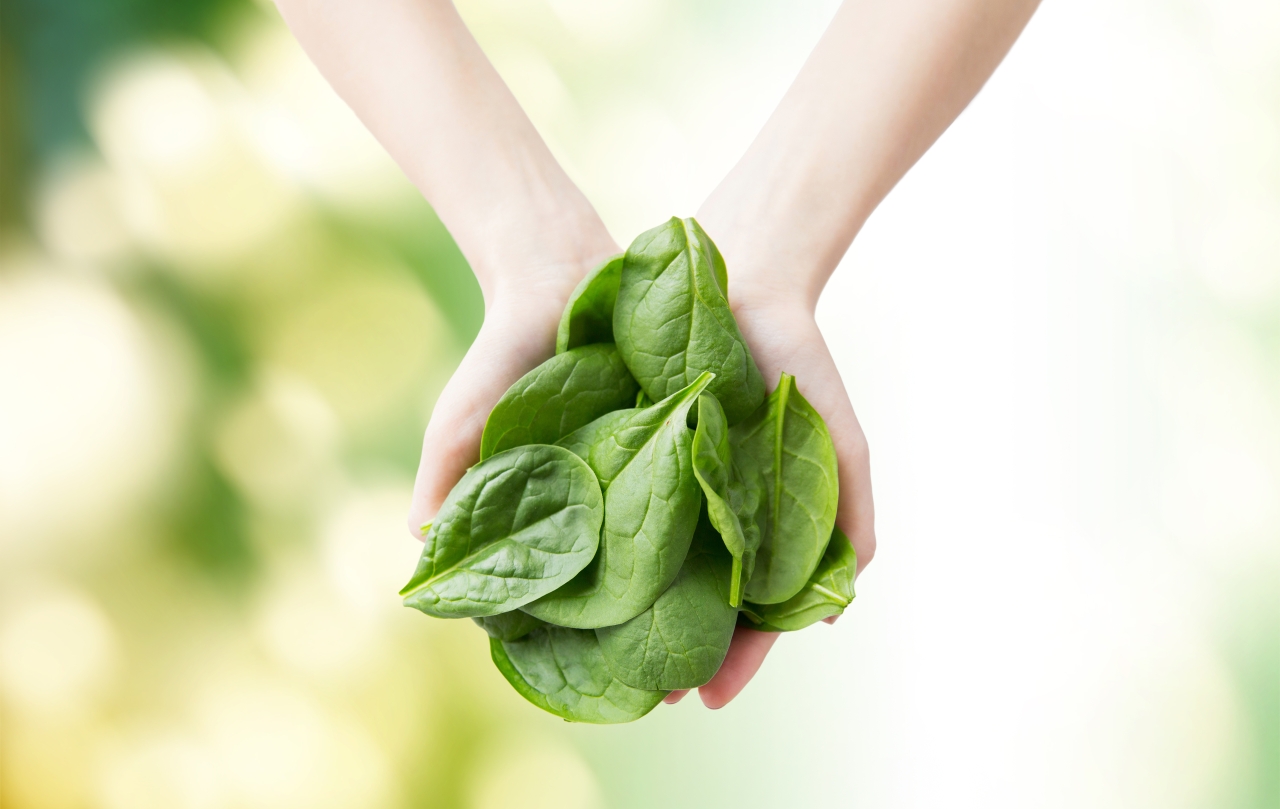What You Need to Know About Organic Food
- Read original article here

There’s a lot of hype around organic food. But why do people say buying organic is so important, and what should you know about organic foods? Here’s what you need to know:
There’s no denying that organic farming is significantly better for soil health than conventional farming. TheU.S Department of Agriculture saysthat organic farming restores and conserves soil quality without any added chemicals. Organic farming sites are also higher in“soil organic matter and water-stable soil aggregates,” as well as generally higher in nutrients.
According to theNational Institute of Food and Agriculture, organic farms use practices that improve or maintain soil fertility, the structure and biodiversity of the soil, and the reduction of soil erosion.
Onetwo-year studyon strawberry farming concluded that organic farms consistently had better quality soil. Whileanother studyof randomly selected farms in Nebraska and North Carolina showed that “organic farms had soil pH closer to neutral, lower bulk density, and higher available-water holding capacity, microbial biomass C and N, and soil respiration as compared with conventional farms.” Higher water holding capacity is quite important in soil, and it protects crops from drying out as much in the case of a drought or significant lack of water.
The environmental impact of organic farming on land is far more gentle. It requires less water and produces less waste than conventional farming. Pesticides can be incredibly toxic, so organic farming aims to reduce“human, animal, and environmental exposure to toxic materials.”This is particularly important for the farmers,who can get sickfrom being drenched in strong pesticides while working in the fields.
The biodiversity of plants, insects, and animals is also conserved when using organic farming methods. Crop rotation is a big reason for this since it keeps the soil fertile and fresh, whereas monocropping (like that done on giant corn farms) drains nutrients from the soil.
Organic food doesn’t have pesticides like conventional food, butthere’s no solid evidence to suggest that that means it is healthier for you. Yes, pesticides probably aren’t very good for you, but the science to back up the health benefits of eating organic are few and far between. When looking at people who do and don’t eat organic, there are several“lifestyle and demographic covariates” to also take into consideration.
Organic food is often more expensive, so people who can afford it probably eat higher quality food in general. They might also have access to better healthcare or a healthier work-life balance. It’s also considered more health conscious to eat organic, so those who eat organic produce probably eat healthier in general and don’t consume as much processed or prepackaged food.
There is also little evidence to suggest that organic produce has more nutrients in it. Some may be higher in iron and manganese or lower in nitrate, but this wasn’t consistent with all the fruits and vegetables studied. While there are a few studies out there that claim that organic food is more nutrient-dense, they haven’t been substantiated.
Varying studies have found thatorganic farming produces 20 to 50 percent less than conventional farming. So while organic farming offers a lot of environmental benefits, it doesn’t offer the same quantities of return.
Norman Borlaug is a Nobel Peace Prize winner and considered the father of the “green revolution”. Even he acknowledged that organic farming cannot stand on its own and has to work side-by-side with conventional farming. There are simply too many mouths to feed.
There are lots of benefits to buying organic, so if you have access to and can afford to eat organic, you should. However, organic farming methods aren’t at the place yet where they can support billions of people. It may never get there, and if it doesn’t, that’s alright. Sustainability is about trying your best and taking steps in the right direction. So if you’re privileged enough to support the eco-friendly produce industry, go for it!
For more Animal, Earth, Life, Vegan Food, Health, and Recipe content published daily, subscribe to the One Green Planet Newsletter! Also, don’t forget to download the Food Monster App on the App Store. With over 15,000 delicious recipes, it is the largest meatless, vegan, and allergy-friendly recipe resource to help reduce your environmental footprint, save animals and get healthy! Lastly, being publicly-funded gives us a greater chance to continue providing you with high-quality content. Please considersupporting us by donating!
Images Powered by 
